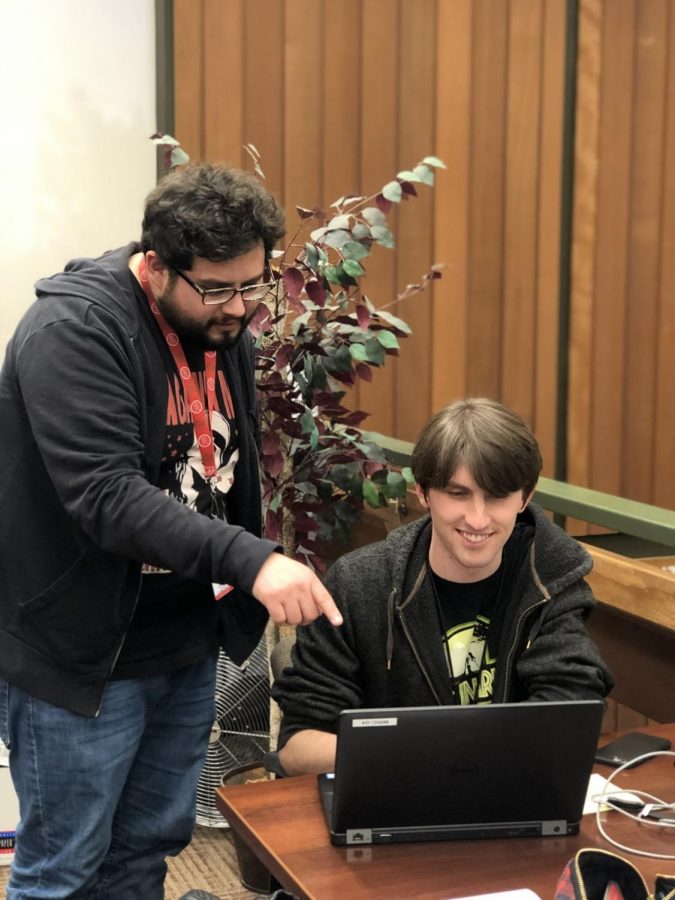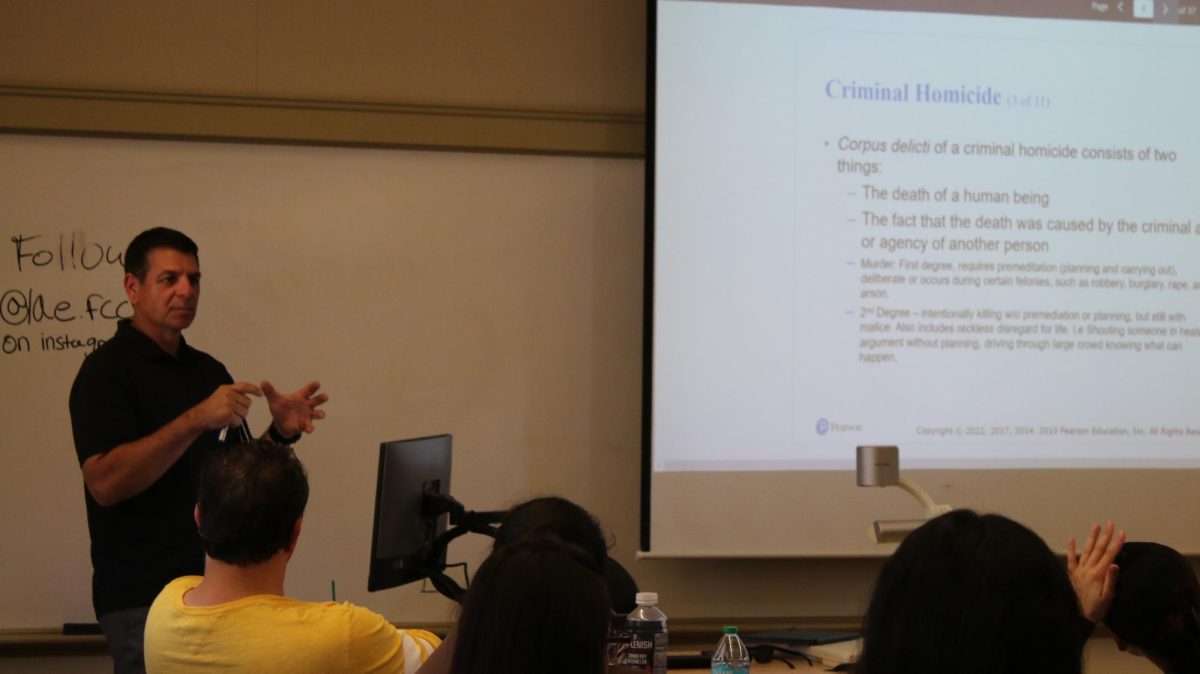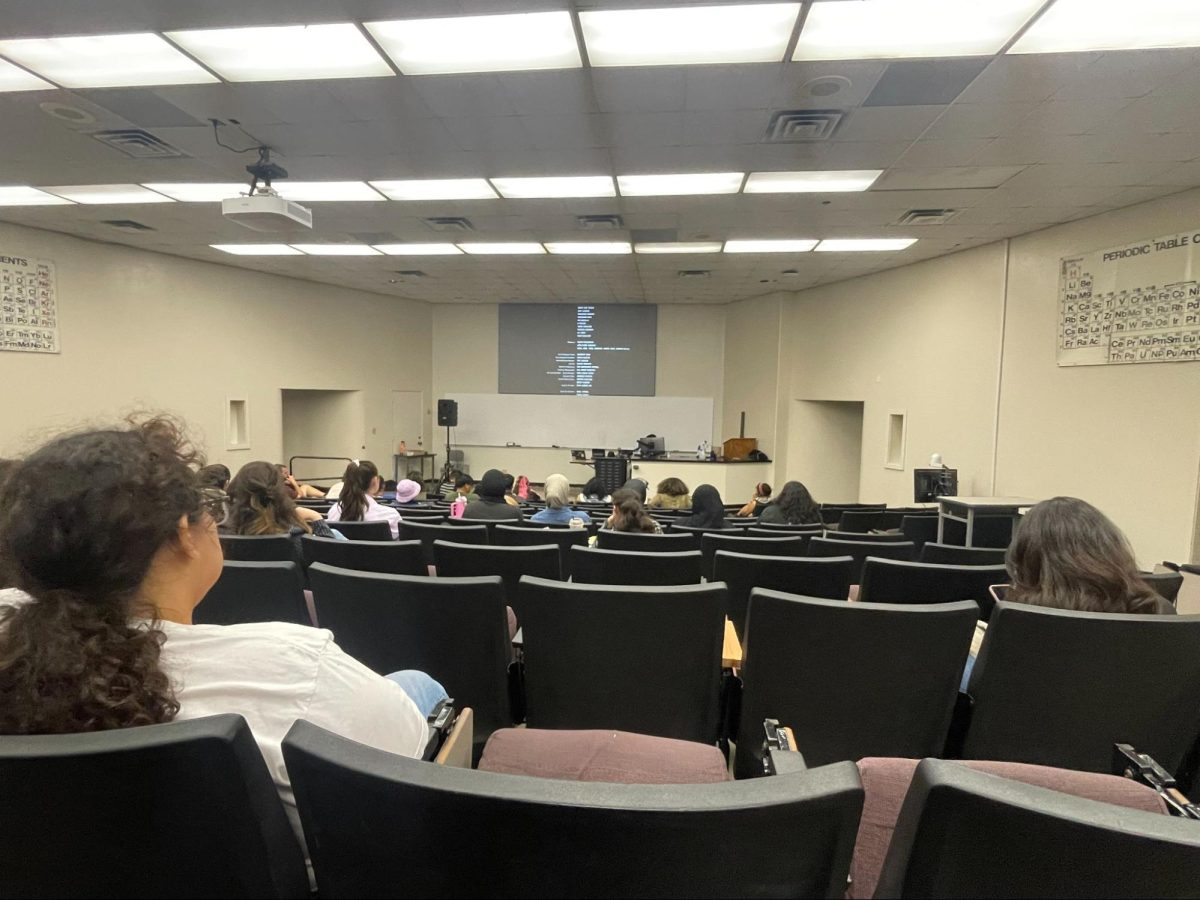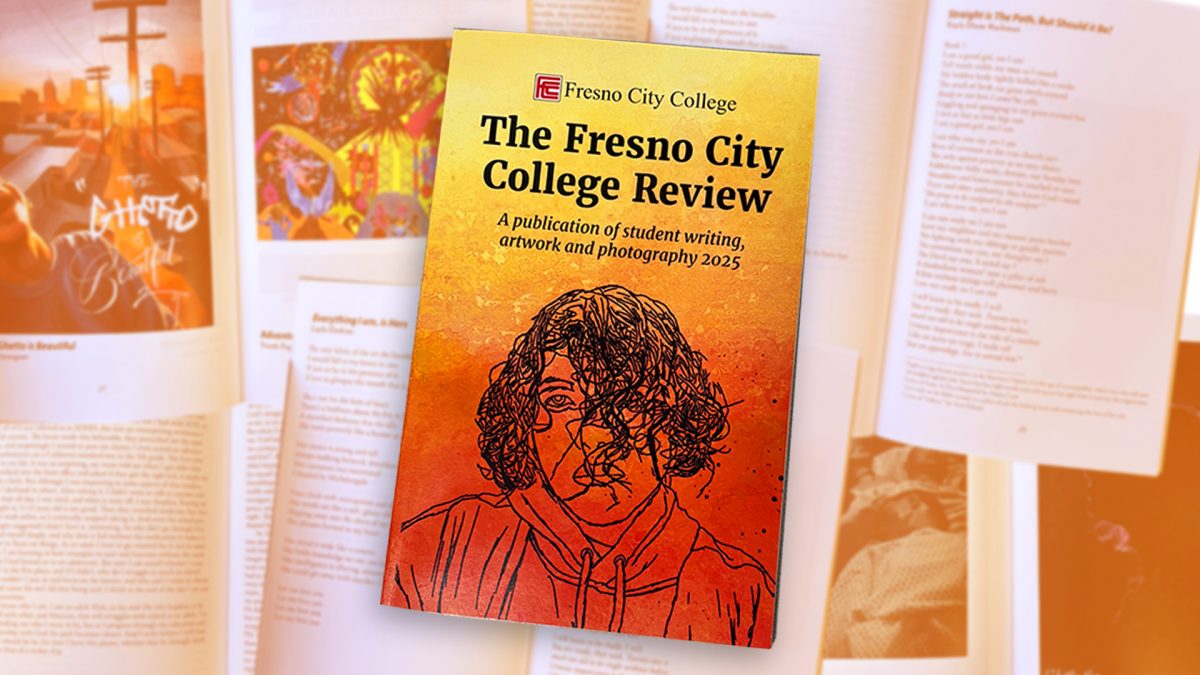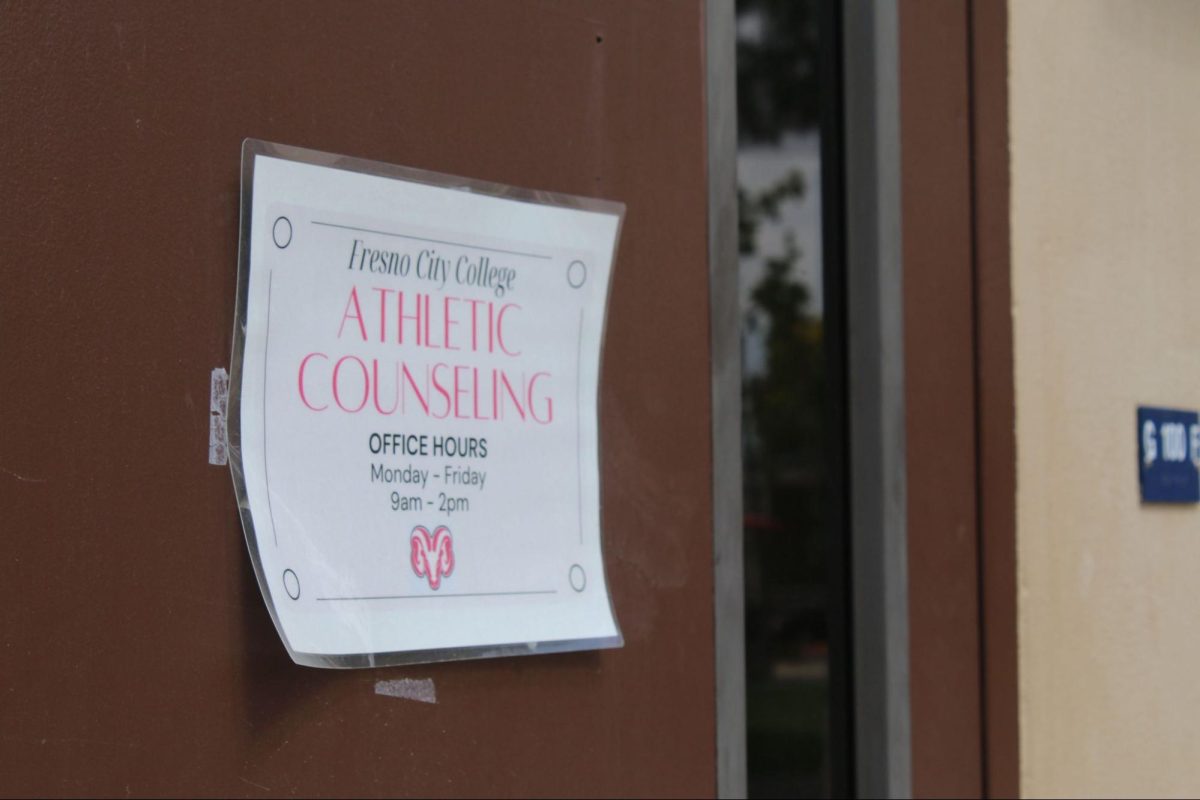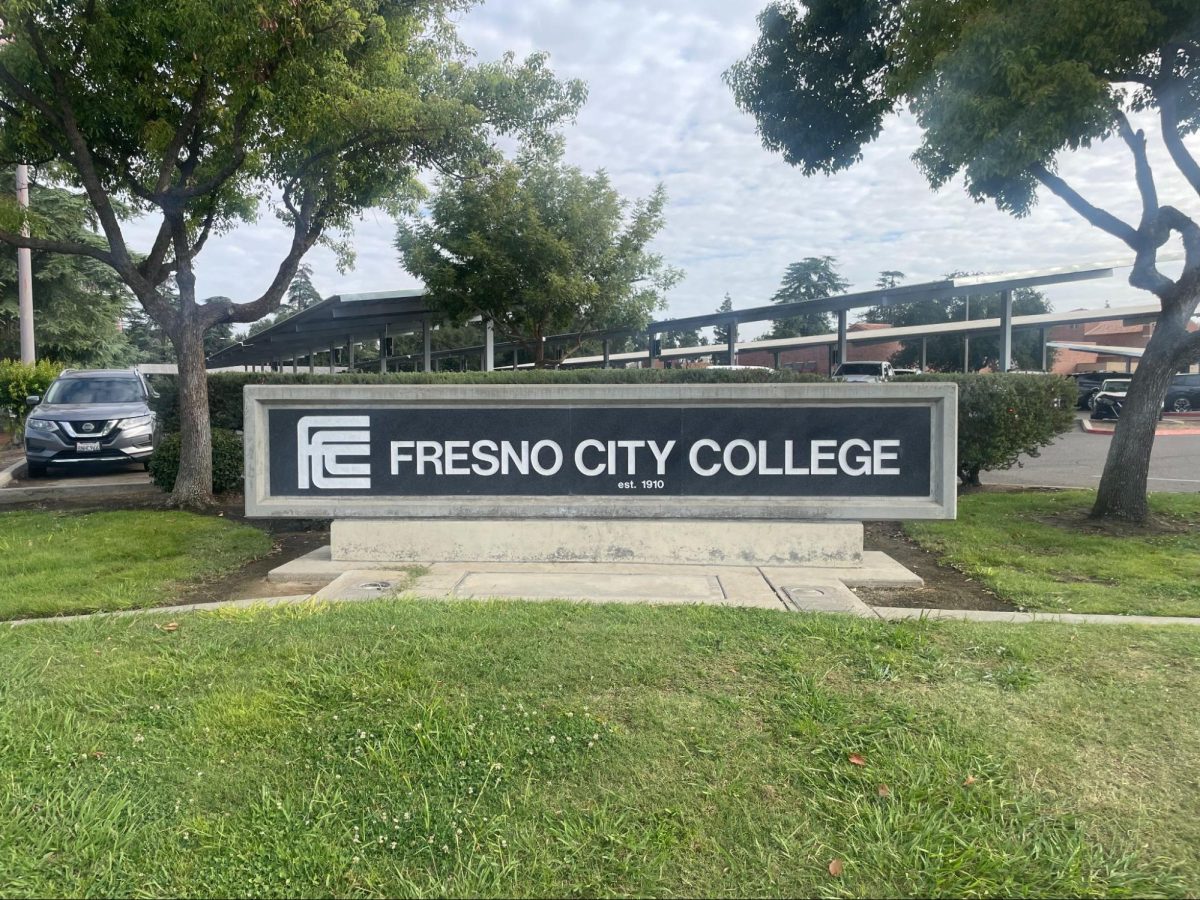Adjunct Instructors Carry Heavy Load with Few Benefits
Cody Hoover, left, adjunct instructor from the English department and tutor at the reading and writing center. Jonah Schneider, right, four year student and third year tutor at the reading and writing center, Tuesday, March 12.
March 12, 2019
In California, 68.9 percent of faculty at community colleges are part-time/contingent faculty.
At Fresno City College, that number could be higher, depending on the program.
Adjuncts represent the highest percentage of associate faculty working at California’s community colleges in over three decades, according to the website, Supporting California’s Community College Teaching Faculty.
Adjuncts are paid by the hour and are only allowed to teach a maximum of about nine units or nine hours a week, and while they can apply for a full-time position, there are very few guarantees.
“So long as teachers need money to live, they will continue accepting jobs as adjuncts,” said an adjunct instructor in the humanities division who wishes to remain anonymous.
Adjuncts live with their families, carpool, and take additional jobs; they moonlight as substitutes and work in other fields related to their diplomas and expertise.
Many of the instructors interviewed for this story have asked to remain anonymous because they are afraid of termination or some other reprisals.
Adjunct instructors are paid hourly compared to full-timers who are paid a salary. Even something as basic as office hours are being paid by the hour. Just recently, some instructors were allowed 10 paid office hours a semester. In an 18 week semester, an instructor who is teaching two classes a week and offering more than an hour of office hours is not paid for that extra time.
Cody Hoover, who has been an English adjunct instructor for two years at FCC, has had to teach at West Hills College at the same time plus snag a tutoring job at the writing and reading center.
“As an adjunct, you can only work two-thirds of a full load,” Hoover said. “So I am maxed out on teaching hours there and here.”
Current and former adjuncts say it shouldn’t have to be like this. “The system is unfair and ought to be re-examined in order to treat adjunct professors with dignity, respect and equanimity,” a former adjunct instructor said.
“I think that it’s important that our students know, [that their instructors are adjuncts], Hoover said “because they are getting taught by part-time people; a lot of us are transitory.” Hoover and other professors say they believe it is important to tell their students that they are adjuncts and how the system is set up with adjuncts and full-timers.
Hoover paints a picture of an adjunct traveling from school to school, here one semester, and there another. Such a life lacks consistency which serves as a problem for those who want to write letters of recommendation or for mentoring.
Adjuncts are having to travel between different community college campuses during the week to rack up enough pay to support themselves and whoever else depends on them. Those interviewed for this story said they would prefer to travel less and have the opportunity to teach full time at one college, doing what they love and what they went to school for.
“It is not fair that some are chosen as full-time faculty due to alliances carefully created while other hardworking and talented applicants are shunned,” said an adjunct instructor from the humanities. “But that will be the case so long as there are not enough positions.”
The same adjunct instructor added, “We need daring journalists who will call for an end to tenureship and favoritism.”
Adjunct instructors are not eligible for any benefits and are barred from teaching more classes because the Affordable Care Act mandate would have required they be given benefits.
Some professors who have gotten full-time positions after being an adjunct for many years, say they want a change for the rest of the adjunct instructors who have not received the same chance.
“I appreciate adjunct professors because I was adjunct, so I know their sacrifice and suffering,” a former adjunct instructor said. “And I appreciate all adjuncts and the work they are doing on the behalf of students.”

